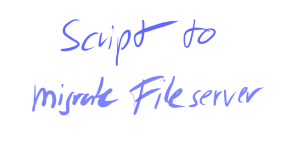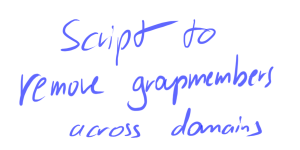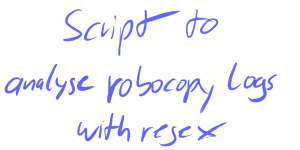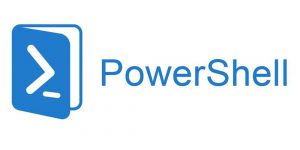
Powershell: Cleanup Certificates issued by Template on Workplace/Server
One of my customer deployed a Certification Authority and distributed wrong certificates (lifetime and purpose was wrong). Because the customer does not want to revoke all certificates he created a new template and supersede the old templates. Nevertheless not all certificates have been replaced on the workplace/server but new certificates …




